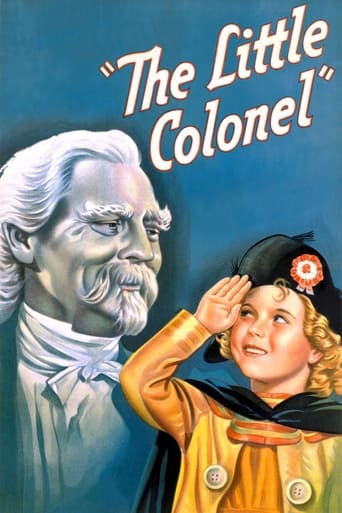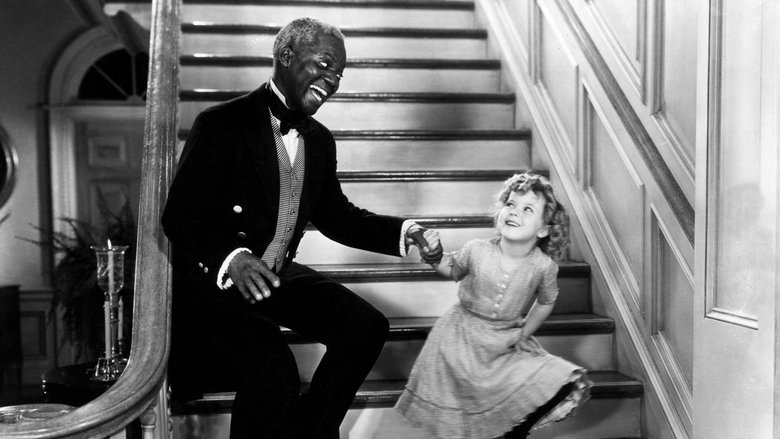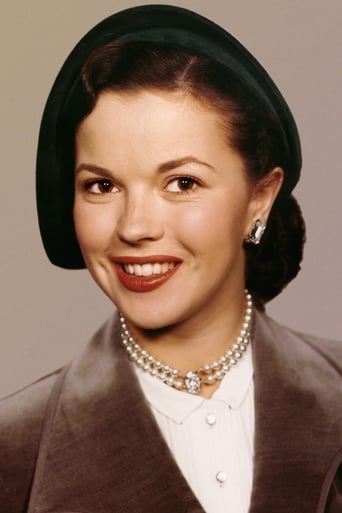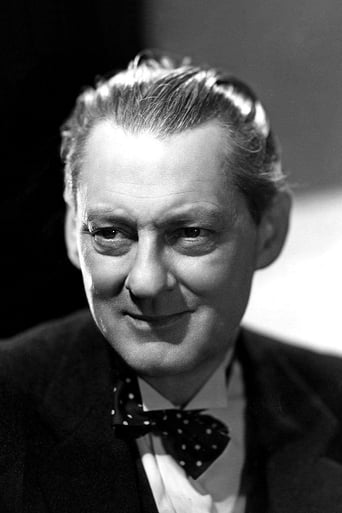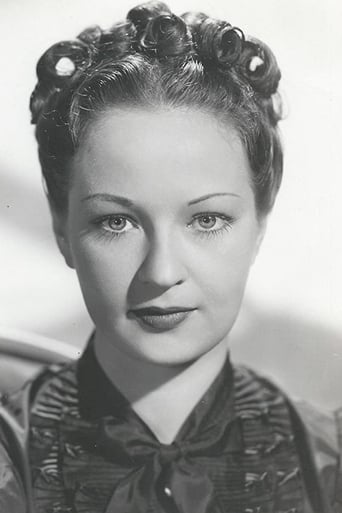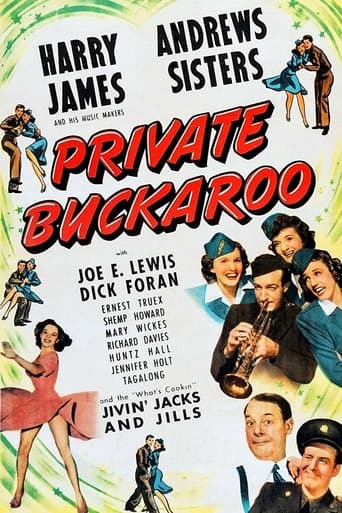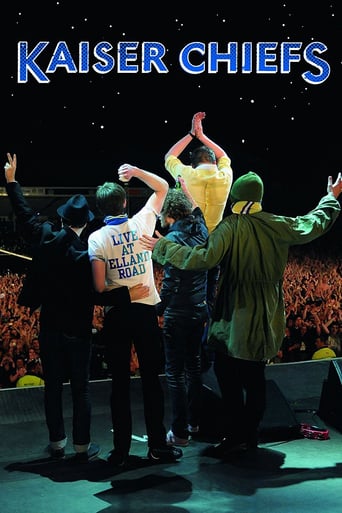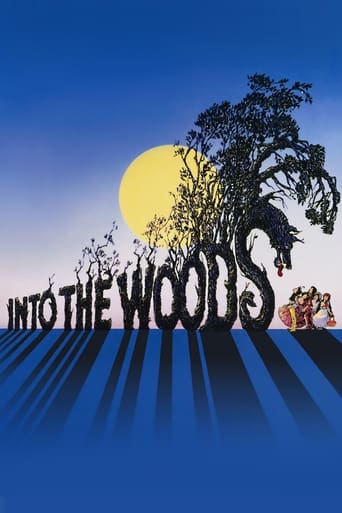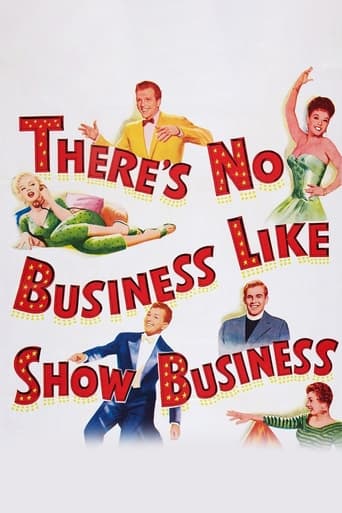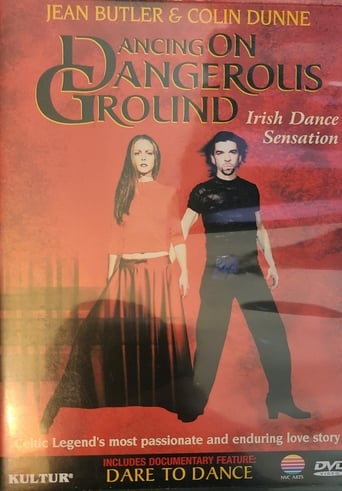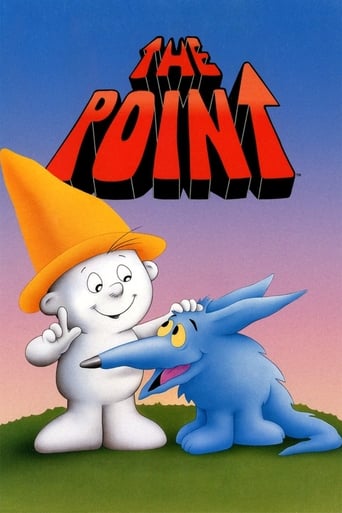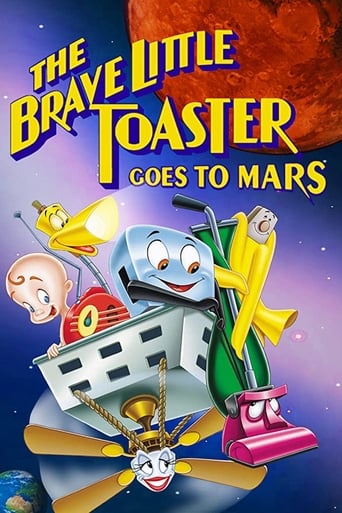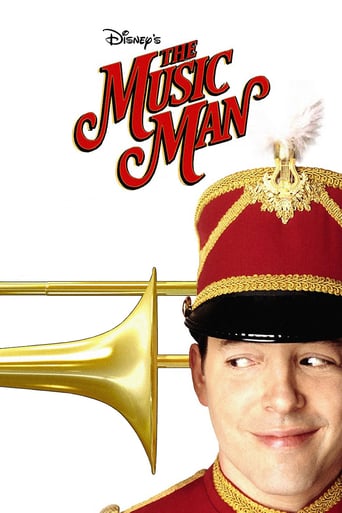The Little Colonel (1935)

After Southern belle Elizabeth Lloyd runs off to marry Yankee Jack Sherman, her father, a former Confederate colonel during the Civil War, vows to never speak to her again. Several years pass and Elizabeth returns to her home town with her husband and young daughter. The little girl charms her crusty grandfather and tries to patch things up between him and her mother.
Watch Trailer
Cast


Similar titles
Reviews
Yawn. Poorly Filmed Snooze Fest.
I like movies that are aware of what they are selling... without [any] greater aspirations than to make people laugh and that's it.
As somebody who had not heard any of this before, it became a curious phenomenon to sit and watch a film and slowly have the realities begin to click into place.
Let me be very fair here, this is not the best movie in my opinion. But, this movie is fun, it has purpose and is very enjoyable to watch.
We have a first rate cast here, and minimally offensive racial issues for the times, unlike in "The Littlest Rebel". Yes, Bill Robinson and Hattie McDaniel fill roles typically filled by African Americans of the 1870s, as before slavery was abolished, the African Americans often butcher proper English language, and Lionel Barrymore, as Colonel Lloyd, does once call African American children pikaninnies. Hattie serves as housekeeper and cook, and sometimes participates in the action. Robinson serves as Shirley's dance companion and friend ,as well as Colonel Lloyd's butler and companion. Shirley and Robinson do two dances together. The first is the well remembered stair step dance, first Robinson alone, then Shirley joins in, after she sees what Robinson does. Later, they dance together in the stable to "Oh, Suzanna".We have two major conflicts we want resolved. One is between Colonel Lloyd(Barrymore) and the family of his daughter, Elizabeth, which includes Shirley. Colonel Lloyd is a dyed in the wool Southerner and Confederate, this being the 1870s, and Elizabeth's husband is a damned Yankee. To the Colonel, that's the worst thing that could happen to her. The Colonel(who looks very much like Colonel Sanders of Kentucky Fried Chicken fame) and Elizabeth swear they don't want to see each other again. So, it's up to Shirley to try to make amends. She is allowed in the Colonel's mansion, whereas her mother is not. She tries to match the Colonel in bluster, alternating with little girlish fun and tricks. Shirley, is the little Colonel, of course(an honorary rank conferred by the commander of an army outpost in the West). She takes her rank quite seriously, as seriously as does her grandfather, who soon finds out she is as stubborn as he and her mother.The second major conflict is between Shirley's father: Jack, and his 2 prospecting partners. His partners claim there is some gold on their claim, but they still want to sell their shares of the claim to Jack. Their asking price requires all of Jack's savings, but he finally gives in. Bad decision. The supposed evidence for gold is fake, and Jack finds none. He decides to return to Elizabeth and Shirley, who are living in an abandoned cottage Elizabeth inherited from her mother, near Colonel Lloyd's mansion. It appears they may soon have to go to the county poor house unless they can somehow get help from the Colonel. But, they have a lucky day. A railroad representative shows up and offers a handsome sum for rightaway rights on Jack's claim. But the deed is not immediately available, being kept in a bank. So, the representative suggests he return the next day, and leaves. Then, Jack's two old partners show up wanting to buy back their shares in the claim.(How they got the news that the claim is suddenly valuable is not discussed!). When Elizabeth brings the claim document, they pull a gun on them, ordering John to sign over the claim to them. Shirley runs for help from the Colonel, who reluctantly decides to travel to the cottage. He outshoots the one with a pistol as he opens the door. Also, luckily, the sheriff soon arrives, Hattie having fetched him. The Colonel has broken his rule that he would never enter the cottage. Thus, he decides it's time to make a whole-hearted amends. Thus, the swindlers inadvertently solved one problem, while a relay of people simultaneously solved the new problem of the swindlers. Handsome John Lodge, who played Shirley's father, was a member of the politically prominent Lodges, and would enter politics later. Evelyn Venable, who played Shirley's mother was quite beautiful, classy, and smart. Later, she would teach classical Latin and Greek, and sponsor Greek plays.Some of the other musical numbers include a harp solo by Elizabeth at the very beginning, and a combo of "Wade in the Water" and "The Sun Shines brighter", during an outdoor baptism in the river. Shirley was so impressed with the power of this sacrament to wash away one's sins, she pretended to be a minister and dunks her small friend Henry Clay twice, presumably because he had so many sins. Shirley was the dominating personality in the film, as cute and mischievous as ever.
Shirley reached the peak of her career with this post civil war drama that has qualities about it both pleasing and disturbing. With servants (no longer slaves) who can't spell and seemingly addicted to the old way of life, this view of the old south is overloaded with charming, if stubborn white folk and mammy and pappy colored folk who love their white employers who probably once "owned" them. Shirley is there to charm the viewer, but it is obvious that her performance is one that suffers from too much direction rather than creating a fleshed out character.Old southern colonel Lionel Barrymore has disowned daughter Evelyn Venable for marrying a northern soldier. They return years later with young daughter Shirley who quickly charms the mustache off of grumpy grandpa, dances up the stairs with butler Bill Robinson and goes to a baptism with lovable maid Hattie McDaniel and listens to classic negro spirituals. Will a reconciliation between Barrymore and Venables be facilitated by Shirley? Dumb question, easy answer.This song of the south is absolute fable and only enjoyable as long as you view it from that perspective. Shirley has some strong moments, but it is obvious that she is directed to scowl and told when to flash the dimples. I found her being made an honorary colonel quite a cloying moment, but the magic hits when she teams up with Robinson in dance. Audiences of the 1930's may have been fooled, but the artificiality of most of her performances is very clear today.
The film begins just after the US Civil War. The Colonel (Lionel Barrymore) hates Yankees and is shocked when his daughter announces she's marrying one. In fact, he disowns her and she leaves. Time passes and now after several years, the daughter returns to her hometown with her adorable child, Lloyd (Temple). As for the husband, he's a businessman and is expected to soon join them.For some time, the daughter and father ignore each other--both too proud to bend. However, Lloyd isn't afraid to talk to her grandpa when she sees him. In fact, she's VERY spunky and a bit bratty. So, when he talks down to her, she gives him what for and throws mud on him! Later, she returns and apologizes...and the pair begins a friendship. Over time, Lloyd's sweetness is able to mend fences and create a happy ending. But before this, she has to help her family, as some evil swindlers have taken her father captive! Oh my! The interplay between Temple and Barrymore is great. Partly this is due to their both begin fantastic actors. Partly it helps because in this film, Shirley does not play all sweetness but is also delightfully bratty and strong-willed. She also is MAGNIFICENT in the scenes where she dances with Bill 'Bojangles' Robinson--the best of their several movies together. All in all, a completely delightful film--one of Shirley's very best. And, at the end there is a VERY garishly colored segment--very vivid--actually TOO vivid! By the way, although you don't hear her sing much in films, Hattie McDaniel was also a professional singer and you get to hear a bit of her lovely voice as she BRIEFLY sings a song. Also, although black characters fare much better in this film than in other Shirley Temple films of the era, some might blanch at the fact that all the black people are VERY happy living in the segregated post Civil War South.
1st watched 12/17/2004 - 4 out of 10(Dir-David Butler): Cute but minimalistic fare from the Olsen Twins of her generation, Shirley Temple. The best parts of this movie are the dance routines with the black slave butler-like character and Miss future Temple-Black. We really don't get enough of these and the story itself, set in post-Civil war times in the south is pretty flimsy and setup just so "the cute one" can save the day with her charm. She is definitely charming, but it doesn't carry this particular movie unless maybe for the younger girls of this generation who also like the similar plot-less "Olsen twin" type movies.

